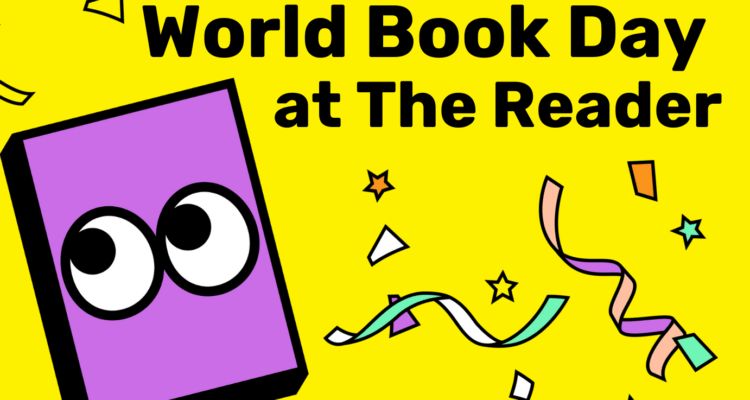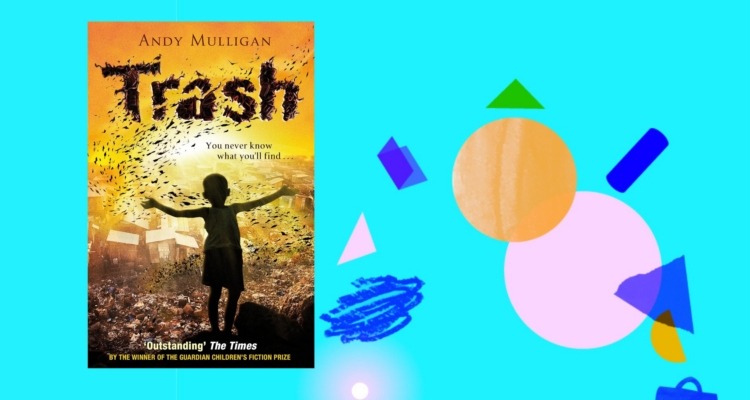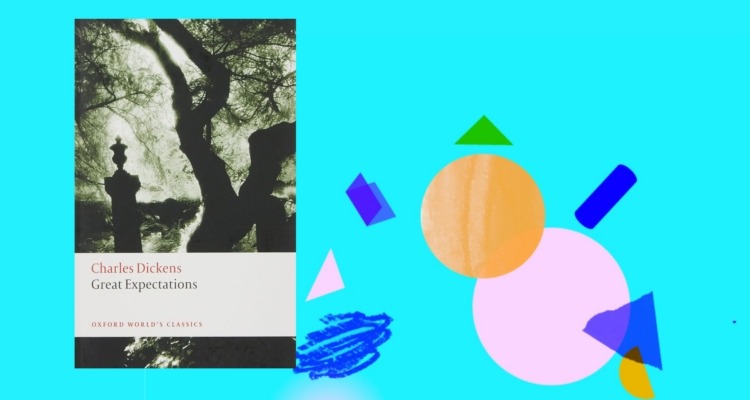Children ‘being sold short’ on literature
On this morning’s ‘Today’ programme (Radio 4), Josephine Hart spoke ardently about the decline of English Literature within education syllabi. She said that because, unfortunately, English Literature is regarded as an “elite subject” within our culture, it is only really offered to the high achievers to study, that there are thousands of children going through their education without access to great books and only learning “communications skills”.
Speaking on the programme, Schools Minister Diana Johnson, agreed that we must encourage more than ‘basic literacy skills’ by reading great books but when questioned about it, was unable to defend the fact that far less literature is being taught in schools. It looks like come 2010, the GCSE syllabus will not contain a separate GCSE in English Literature but that only the combined English Language and Literature qualification will be taught. On one hand, it’s good to keep the two together – this brings advantages for literacy and communication skills but it’s worrying that this may be the only focus and that the depth of feeling and wide range of experiences that reading literature offers, will be lost.
The humanising power of literature should be available to all young people and Michael Rosen commented on the programme that the “low level of expectation in Government” has led to deprived people being given a “deprived curriculum”. If people are only given the minimum, then that’s all that they will be able to achieve – it simply can’t be the case that we can work on a minimum basis. If people don’t come into contact with reading that will enthuse and enlighten them, how can we lift people’s achievements?
Josephine Hart is absolutely right in saying that we need passionate people to enthuse children about reading - that human contact is essential – and that’s why our Get Into Reading project workers are in schools and foster homes, reading with young people one-to-one and in groups, to encourage reading for pleasure. This is one way in which our Reading Revolution is happening – and making a very real difference to the lives of these young people. As Jeremy Irons mentioned on the programme, we need to give people a “rounded experience of the life that’s available to them” and there’s no better way to do this than through the reading of great books.
--- --- ---
Linked to this is Gabriella Gruder-Poni’s essay, ‘Scenes from a PGCE’, which was published in The Reader 35 and is available online here.
Share
Related Articles

World Book Day® and The Reader celebrate the fun of reading
National reading charity World Book Day is partnering with Shared Reading charity The Reader for a fun-filled day in…

February’s Title Pick for Children: Trash by Andy Mulligan
Through our Bookshelf this year we are exploring the different places that people call home. From the very beginning…

February’s Title Pick for Adults: Great Expectations by Charles Dickens
Great Expectations by Charles Dickens The Reader’s staff and volunteers have been leading Shared Reading groups in many different…


